Stuff
We lucked out on weather again on Sunday enjoying two great sessions, the first on Staple Island in the morning and then another on Inner Farnes where I made this image in the afternoon. On Monday and now again on Tuesday we were bitten by a nor’easter: our Monday gannet boat trip and our Tuesday Bass Rock landing were both cancelled due to high winds on rough seas. Yesterday we visited the incredible Tantallon Castle and enjoyed a fine dining dinner at the Dunsmuir Hotel.
What’s the plan for Tuesday? I am not quite sure yet.
The Streak
Just in case you have not been counting, today makes 23 days in a row with a new educational blog post 🙂 There will be few or no new blog posts for a week while I am in Alaska as we move the BAA Blog to a new server.
Booking.Com
I could not secure the lodging that I needed for the UK Puffins and Gannets IPT in Dunbar, Scotland, so I went from Hotels.Com to Booking.Com and was pleasantly surprised. I found the rooms that I needed with ease at a hotel that was not even on Hotels.Com, and it was a nice hotel that I had seen in person. And the rates were great. If you’d like to give Booking.Com a shot, click here and you will earn a $25 reward.


Gear Questions and Advice
Too many folks attending BAA IPTs and dozens of folks whom I see in the field, and on BPN, are–out of ignorance–using the wrong gear especially when it comes to tripods and more especially, tripod heads… Please know that I am always glad to answer your gear questions via e-mail.
Please Don’t Forget …
As always–and folks have been doing a really great job for a long time now–please remember to use the BAA B&H links for your major and minor gear purchases. For best results, use one of our many product-specific links; after clicking on one of those you can continue shopping with all subsequent purchases invisibly tracked to BAA. Your doing so is always greatly appreciated. Please remember: web orders only. And please remember also that if you are shopping for items that we carry in the BAA Online Store (as noted in red at the close of this post below) we would of course appreciate your business.
|
|
|
This image was created on the fabulous last afternoon of the Seahouses portion of the 2017 UK Puffins and Gannets IPT with the Induro GIT 304L/Mongoose M3.6-mounted Canon EF 500mm f/4L IS II USM lens, the Canon Extender EF 2X III, and my favorite bird photography camera body, the Canon EOS 5D Mark IV. ISO 800. Evaluative metering +1 2/3 stops as framed: 1/160 sec. at f/11 in Manual mode. Daylight WB. LensAlign/FocusTune micro-adjustment: -7. Three AF points up from the center AF point/AI Servo/Expand/Shutter button AF was active at the moment of exposure. The selected AF point was just above and forward of the eye of the chick. Common Murre chick on ledge, vertical front-end portrait |
A Near-Jumpling. I love learning new words …
This Common Murre chick — Common Guillemot on this side of the pond — is less than a week from jumping off its nesting cliff into the North Sea about 200 feet below. Before it is capable of flying. When it jumps, it becomes a jumpling. I learned the term just a few days before from one of the young avian researchers on Staple Island.
And yes, I do love learning new words and occasionally making up new ones on my own when I need them. Soon I will share another new avian “-ling” word that I learned from the researchers with you here, along with an image.
There were two photographable murre chicks at my favorite spot on Staples. I alone created many hundred images of them with focal lengths ranging from about 200 to 1200mm. Today’s featured image is one of my very favorites. The rest of the IPT group probably created another few thousand. Nearly all of the images suffered from the fact that the chick’s dark slightly inset eyes were lost in the black feathers of the face. That’s why I made so many. 🙂 In today’s featured photograph the absolutely perfect head angle saved the image from the trash bin.
The Image Optimization
After converting the image nearly straight-up in DPP 4, I brought the TIFF into Photoshop and did not do much at all. First I painted a Quick Mask of the face, put it on its own layer, and applied the usual Contrast Mask. Next was a 60-pixel Gaussian Blur applied to the whole image. I added a Hide-all or Inverse or Black Layer Mask and painted the effect in on the background only with a relatively large soft brush (taking care not to get anywhere near the chick).
Everything above plus tons and tons more is detailed in the new BIRDS AS ART Current Workflow e-Guide (Digital Basics II), an instructional PDF that is sent via e-mail. Learn more and check out the free excerpt in the blog post here. Just so you know, the new e-Guide reflects my Macbook Pro/Photo Mechanic/DPP 4/Photoshop workflow.
You can learn how and why I and other discerning Canon shooters convert nearly all of their Canon digital RAW files in DPP 4 using Canon Digital Photo Professional in the DPP 4 RAW conversion Guide here. And you can learn advanced Quick Masking and advanced Layer Masking techniques in APTATS I & II. You can save $15 by purchasing the pair. Folks can learn sophisticated sharpening and (NeatImage) Noise Reduction techniques in the The Professional Post Processing Guide by Arash Hazeghi and yours truly.
|
|
|
The BIRDS AS ART Current Workflow e-Guide (Digital Basics II) will teach you an efficient Mac/Photo Mechanic/Photoshop workflow that will make it easy for you to make your images better in Photoshop (rather than worse). That true whether you convert your images in DPP 4 or ACR. See the blog post here to learn lots more and to read a free excerpt. You can order your copy from the BAA Online Store here, by sending a Paypal for $40 here, or by calling Jim or Jennifer weekdays at 863-692-0906 with your credit card in hand. |
If In Doubt …
If in doubt about using the BAA B&H affiliate link correctly, you can always start your search by clicking here. Please note that the tracking is invisible. Please, however, remember to shoot me your receipt via e-mail.
|
|
2017 in San Diego was a very good year …. |
2018 San Diego 4 1/2-DAY BIRDS AS ART IPT: Monday, JAN 15 thru and including the morning session on Friday, JAN 19, 2018: 4 1/2 days: $2099.
Limit: 10: Openings: 4
Meet and Greet at 6:30pm on the evening before the IPT begins; Sunday, Jan 14, 2018.
Join me in San Diego to photograph the spectacular breeding plumage Brown Pelicans with their fire-engine red and olive green bill pouches; Brandt’s (usually nesting and displaying) and Double-crested Cormorants; breeding plumage Ring-necked Duck; other duck species possible including Lesser Scaup, Redhead, Wood Duck and Surf Scoter; a variety of gulls including Western, California, and the gorgeous Heerman’s, all in full breeding plumage; shorebirds including Marbled Godwit, Whimbrel, Willet, Sanderling and Black-bellied Plover; many others possible including Least, Western, and Spotted Sandpiper, Black and Ruddy Turnstone, Semipalmated Plover, and Surfbird; Harbor Seal (depending on the current regulations) and California Sea Lion; and Bird of Paradise flowers. And as you can see by studying the two IPT cards there are some nice bird-scape and landscape opportunities as well. Please note: formerly dependable, both Wood Duck and Marbled Godwit have been declining at their usual locations for the past two years …
|
San Diego offers a wealth of very attractive natural history subjects. With annual visits spanning more than three decades I have lot of experience there…. |
With gorgeous subjects just sitting there waiting to have their pictures taken, photographing the pelicans on the cliffs is about as easy as nature photography gets. With the winds from the east almost every morning there is usually some excellent flight photography. And the pelicans are almost always doing something interesting: preening, scratching, bill pouch cleaning, or squabbling. And then there are those crazy head throws that are thought to be a form of intra-flock communication. You can do most of your photography with an 80- or 100-400 lens …
Did I mention that there are wealth of great birds and natural history subjects in San Diego in winter?
|
Though the pelicans will be the stars of the show on this IPT there will be many other handsome and captivating subjects in wonderful settings. |
The San Diego Details
This IPT will include five 3 1/2 hour morning photo sessions, four 2 1/2 hour afternoon photo sessions, four lunches, and after-lunch image review and Photoshop sessions. To ensure early starts, breakfasts will be your responsibility. Dinners are on your own so that we can get some sleep.
A $599 non-refundable deposit is required to hold your slot for this IPT. You can send a check (made out to “Arthur Morris) to us at BIRDS AS ART, PO Box 7245, Indian Lake Estates, FL, 33855. Or call Jim or Jennifer at the office with a credit card at 863-692-0906. Your balance, payable only by check, will be due on 9/11//2016. If we do not receive your check for the balance on or before the due date we will try to fill your spot from the waiting list. Please print, complete, and sign the form that is linked to here and shoot it to us along with your deposit check. If you register by phone, please print, complete and sign the form as noted above and either mail it to us or e-mail the scan. If you have any questions, please feel free to contact me via e-mail.
The San Diego Site Guide
If you cannot make or afford the IPT the San Diego Site Guide truly is the next best thing to being there with me. It is all very simple, you will learn where to be when depending on the wind and sky conditions.




Please Remember to use my Affiliate Links and to Visit the New BAA Online Store 🙂
To show your appreciation for my continuing efforts here, we ask, as always, that you get in the habit of using my B&H affiliate links on the right side of the blog for all of your photo and electronics purchases. Please check the availability of all photographic accessories in the New BIRDS AS ART Online Store, especially the Mongoose M3.6 tripod head, Wimberley lens plates, Delkin flash cards and accessories, and LensCoat stuff.
As always, we sell only what I have used, have tested, and can depend on. We will not sell you junk. We know what you need to make creating great images easy and fun. And please remember that I am always glad to answer your gear questions via e-mail.
I would of course appreciate your using our B&H affiliate links for all of your major gear, video, and electronic purchases. For the photographic stuff mentioned in the paragraph above, and for everything else in the new store, we, meaning BAA, would of course greatly appreciate your business. Here is a huge thank you to the many who have been using our links on a regular basis and those who will be visiting the New BIRDS AS ART Online Store as well.
Amazon.com
Those who prefer to support BAA by shopping with Amazon may use the logo link above.
Amazon Canada
Many kind folks from north of the border, eh, have e-mailed stating that they would love to help us out by using one of our affiliate links but that living in Canada and doing so presents numerous problems. Now, they can help us out by using our Amazon Canada affiliate link by starting their searches by clicking here.
Be sure to like and follow BAA on Facebook by clicking on the logo link upper right. Tanks a stack.
Typos
In all blog posts and Bulletins, feel free to e-mail or to leave a comment regarding any typos or errors. Just be right :).

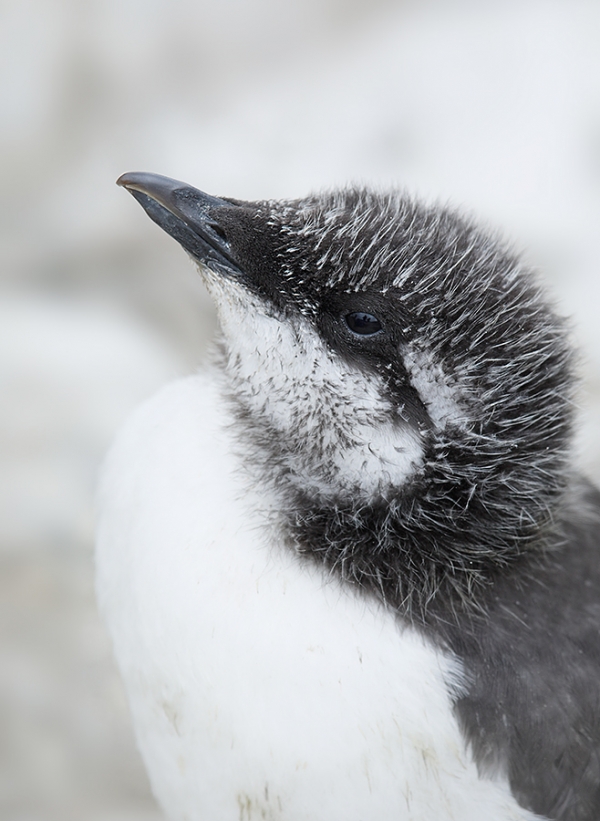
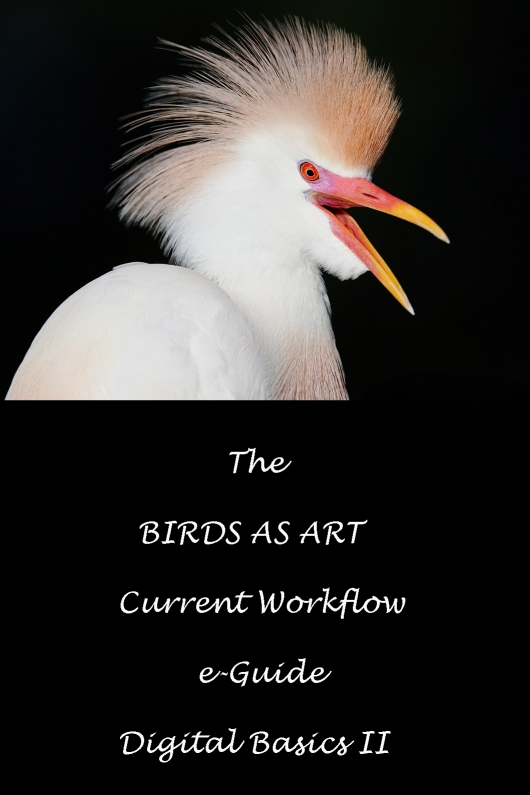
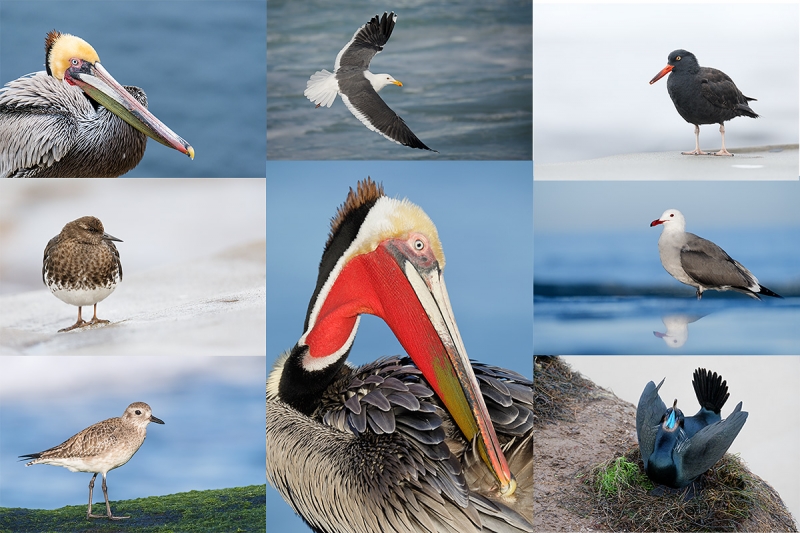
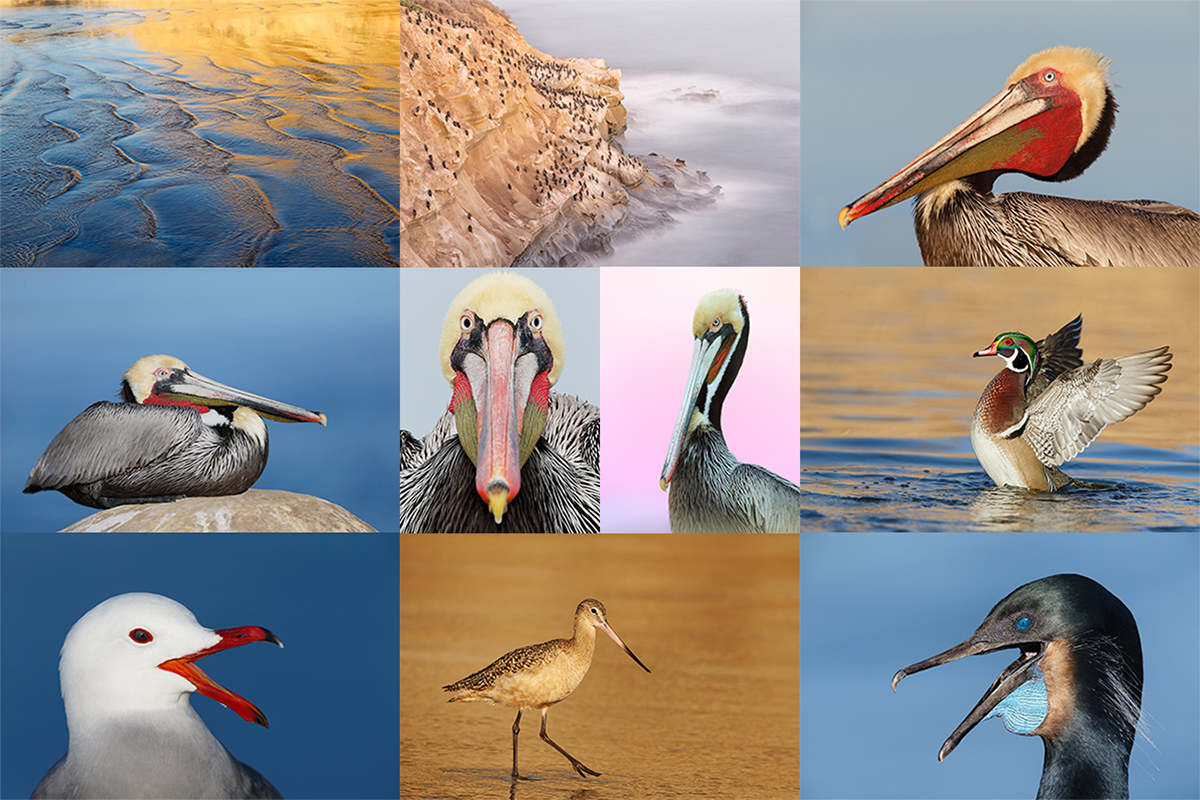
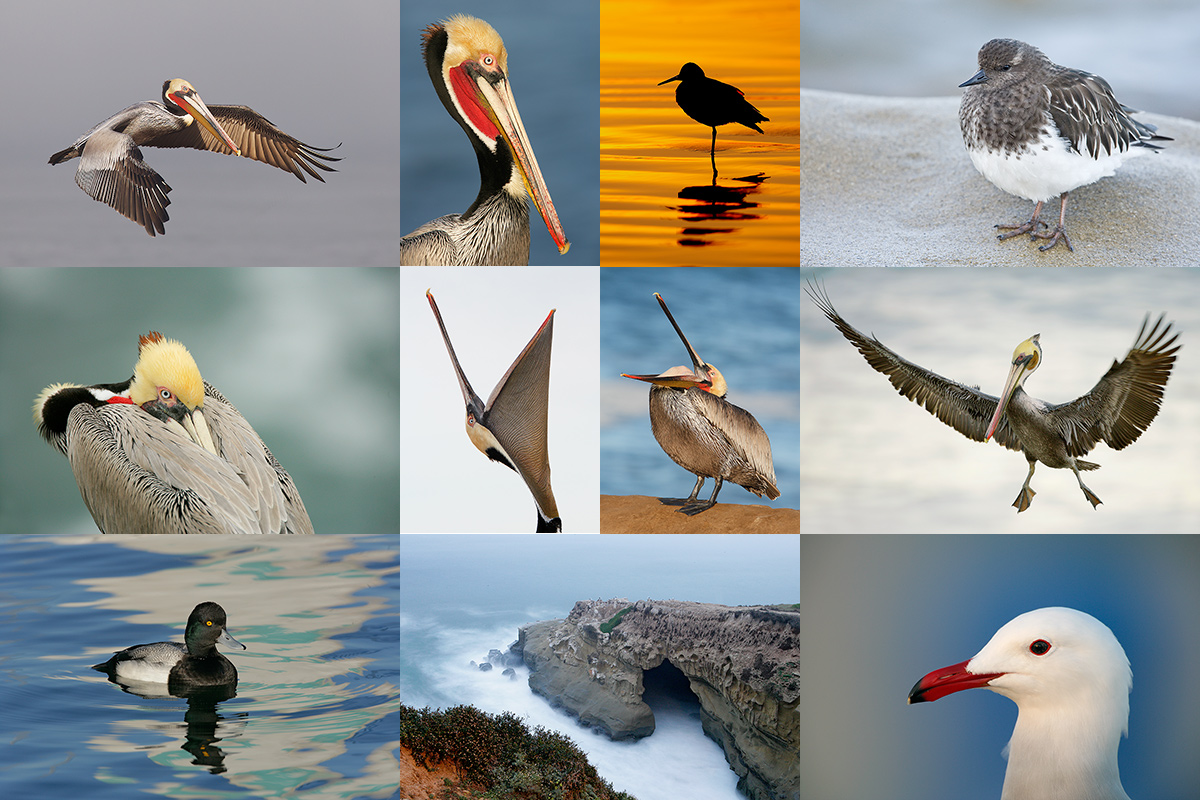






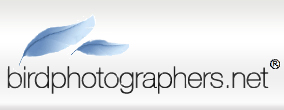


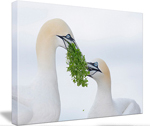



Another wonderful image, Artie. I can’t tell you how many images of least terns I’ve deleted because you can’t see the black eye in the black feathers. With the right head angle, though, you get that speck of light and all is well.
Thanks Dr. Fish.
with love, artie
Artie,
Another pleasing image from Farne. Appreciate the workflow notes but miss your “before and after processing” gif. Any chance that could be added? Good luck with Bass Rock Landing.
Thanks for your kind words. Not much difference in the before and after just a bit of softening of the BKGR and sharpening of the face.
with love, artie
Hi Artie, I like the head angle of this chick but I would have been interested to see what it would have been like if you had got lower to the bird. I think that it would have possibly eliminated the feeling that you are looking down on the chick, I think that you were slightly above the eye level of the ‘jumpling’ because of the overlap between the fluff of the birds neck and the white plumage on the body of the bird, but correct me if I am wrong. Nice image, hope the weather allows you to land on Bass Rock,
Jake
Hi Jake, I would have loved to have gotten lower but it was not (physically) possible to do that 🙂
with love, artie